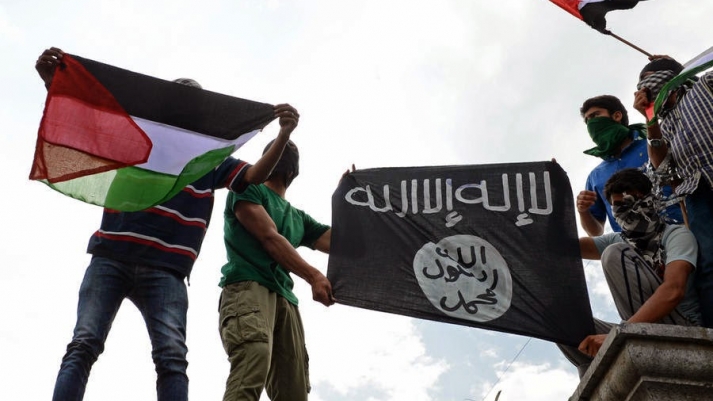The Gaza-based Hamas terror organization has more than its fair share of problems at the moment. Quite likely against its better judgment, it is becoming increasingly reliant on a controversial and dangerous relationship with Sinai Province, the vicious ISIS affiliate in Sinai.
Most of Hamas' problems are related to cash flow. Funds from sympathetic donor states such as Turkey, Qatar and Saudi Arabia are sporadic and insufficient, while relations with another benefactor, Iran, have come under great strain due to Hamas' support for Syrian rebel factions opposing the Assad regime that fights alongside Iranian-backed Hizballah. The wages of public sector workers often go unpaid for months at a time, and according to a 2015 World Bank report, Gaza's unemployment rate is the highest in the world at 43 percent.
Add into the mix the failure of Arab nations to deliver on pledges to rebuild parts of Gaza damaged during the 2014 summer war with Israel, and Egypt's refusal – apart from a brief respite earlier this week – to open the crucial Rafah crossing, and things look bleak for Hamas. The only goods legally entering Gaza are the many hundreds of truckloads arriving daily from Israel via the Kerem Shalom crossing.
Originally published at IPT News
